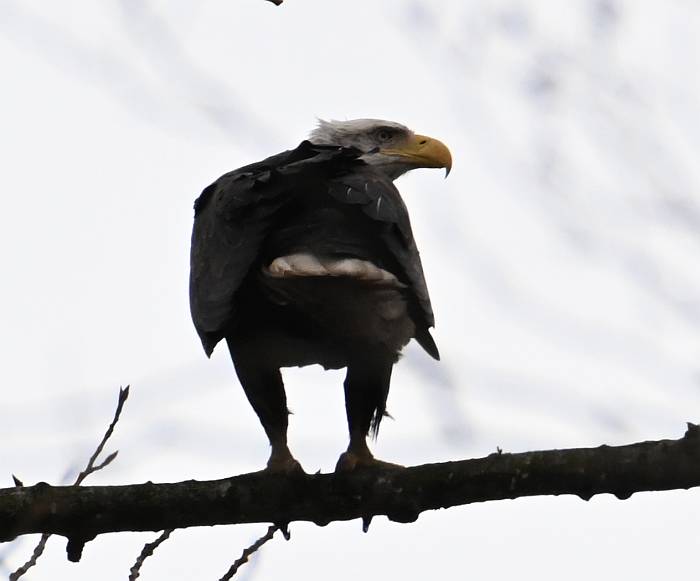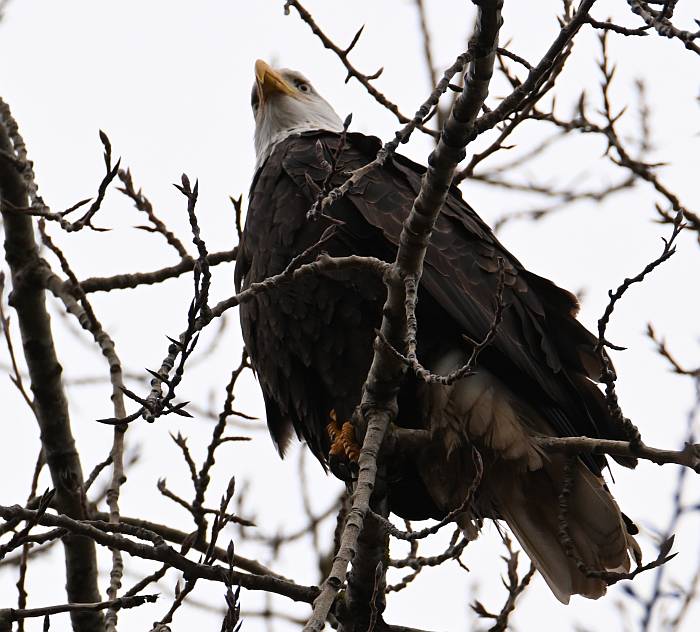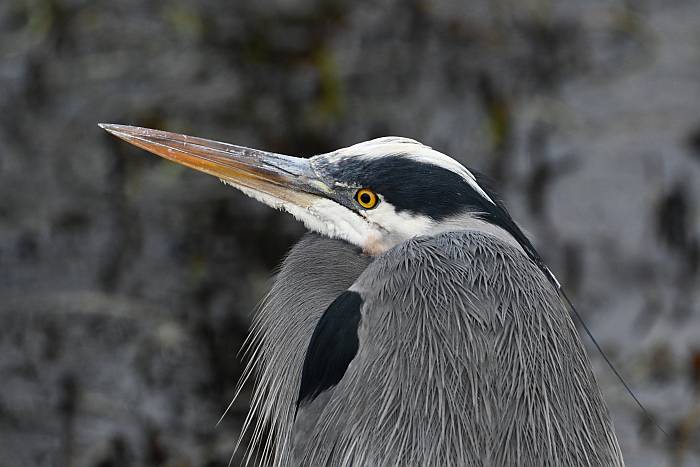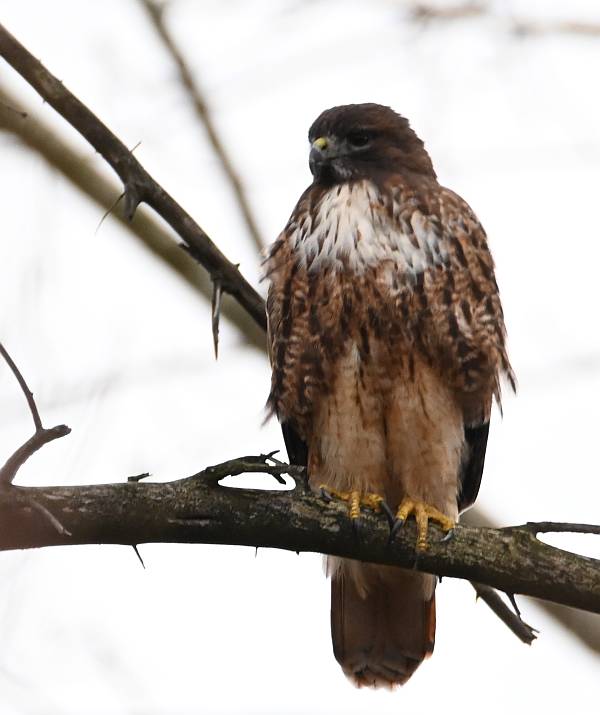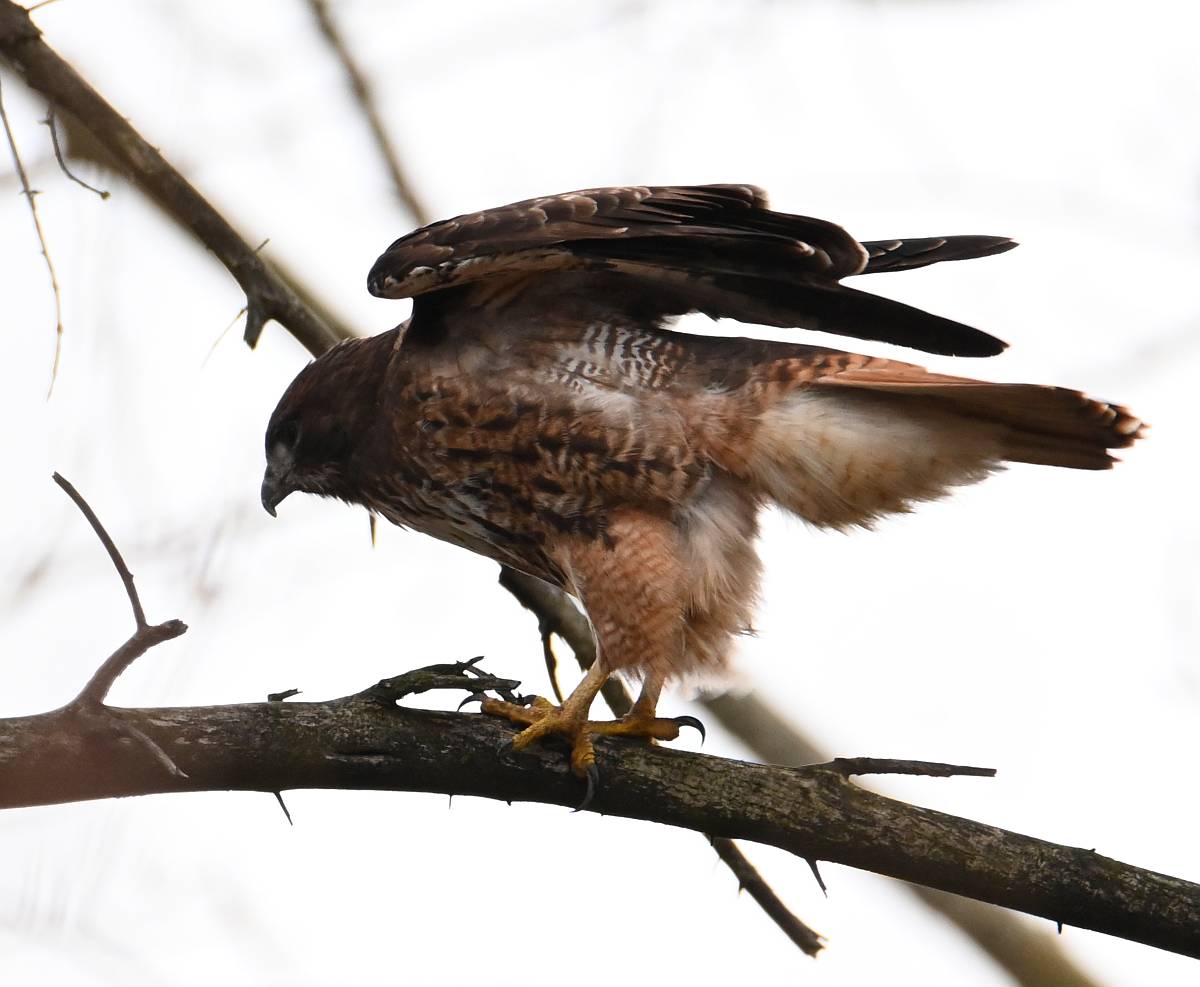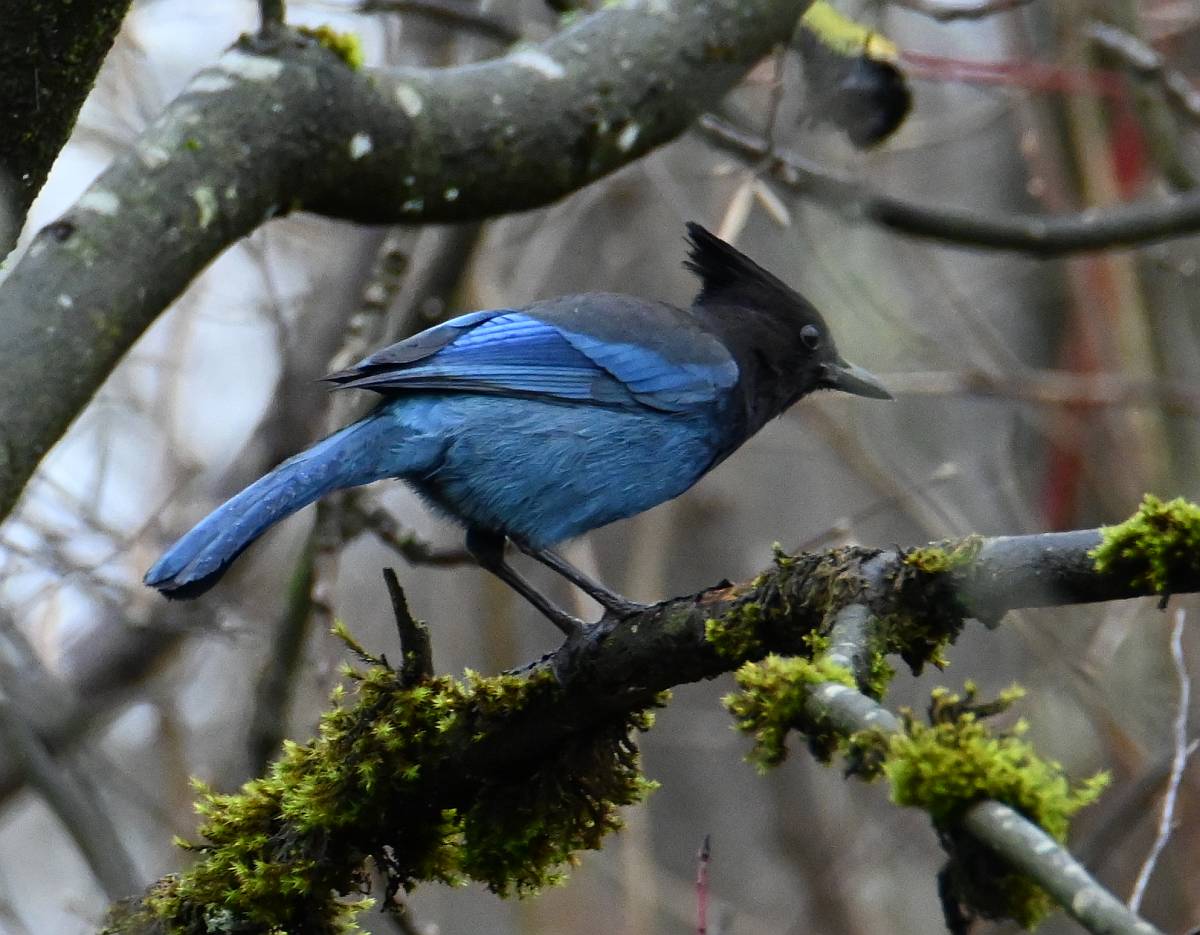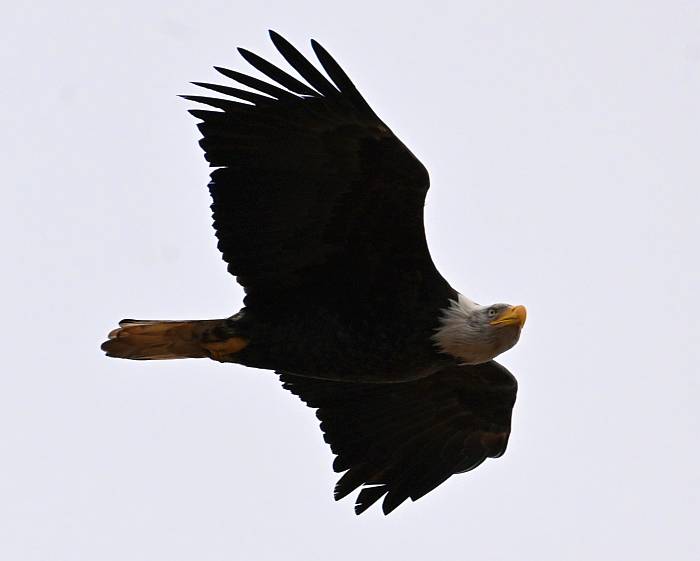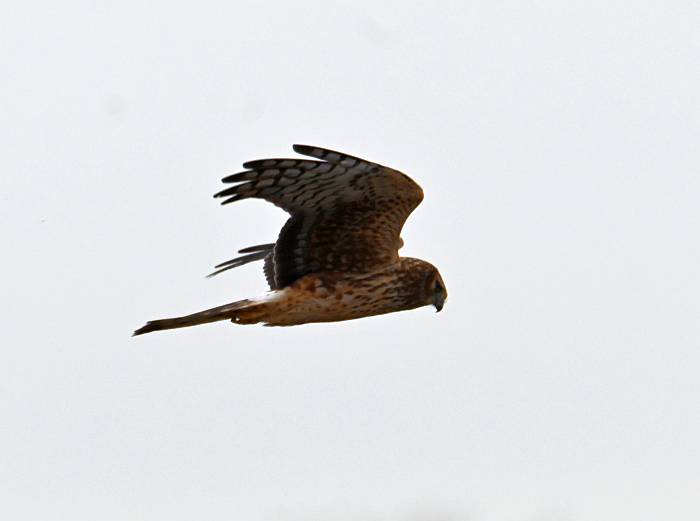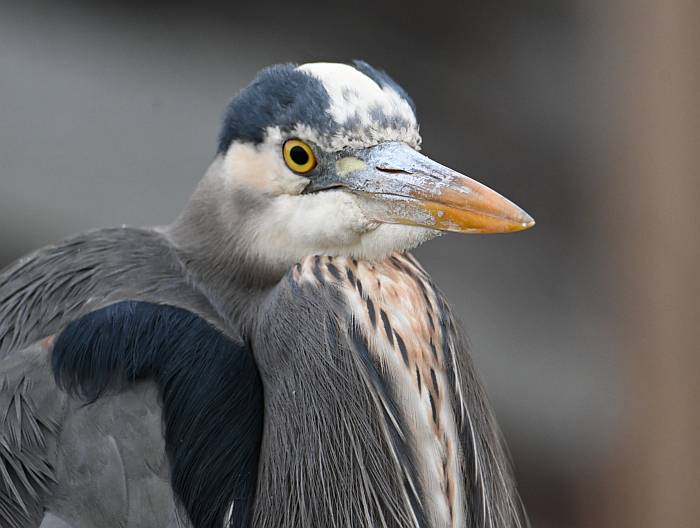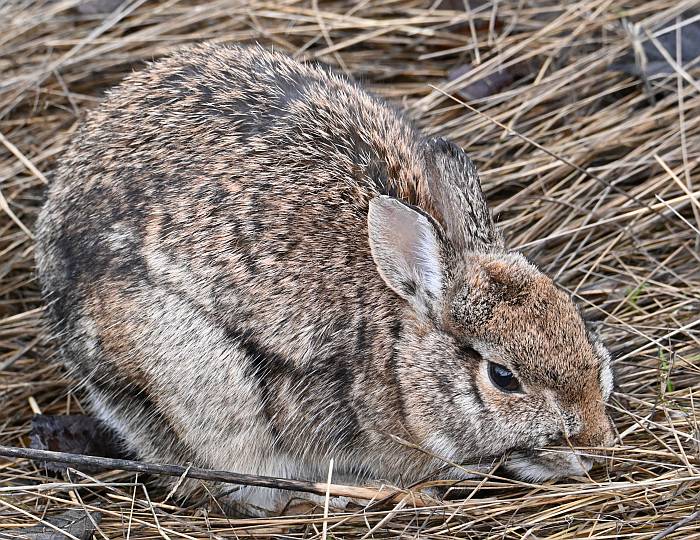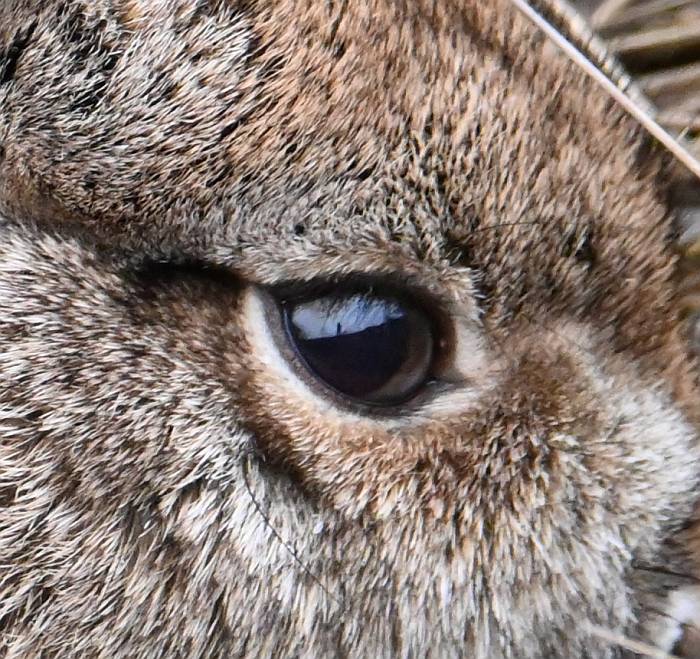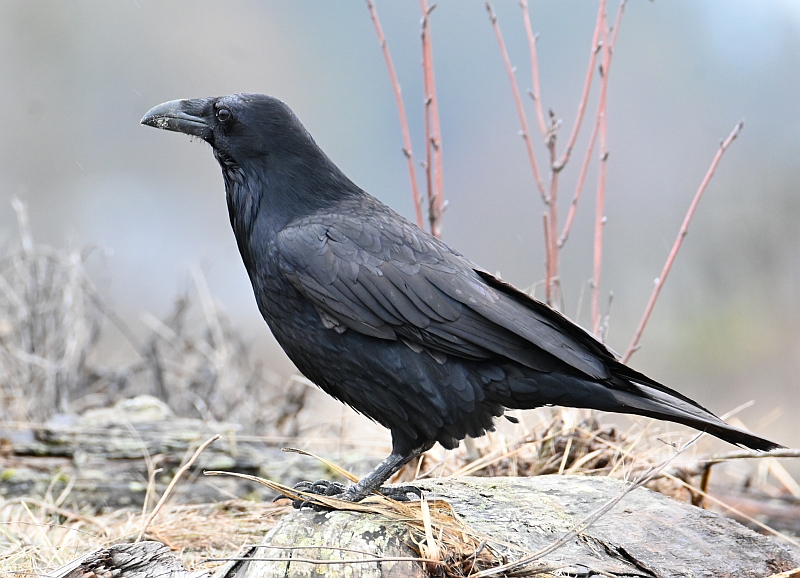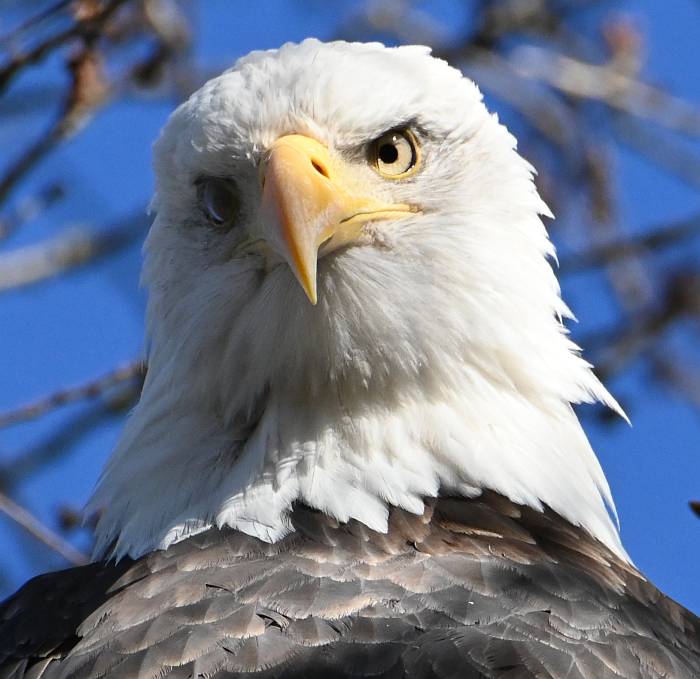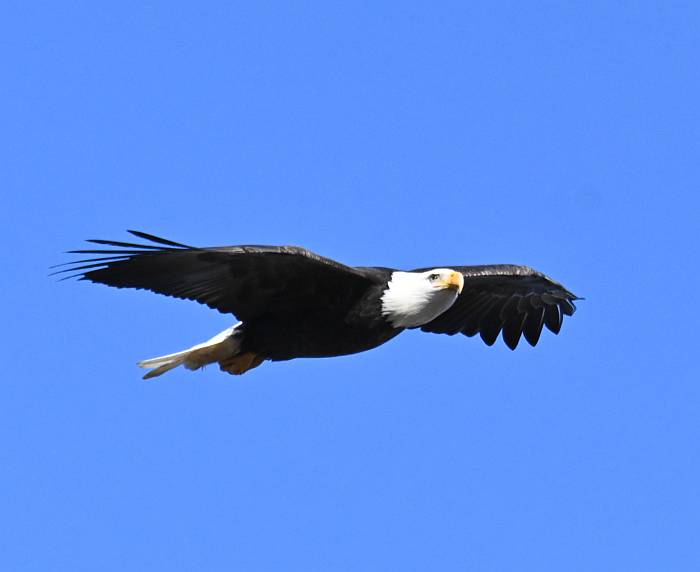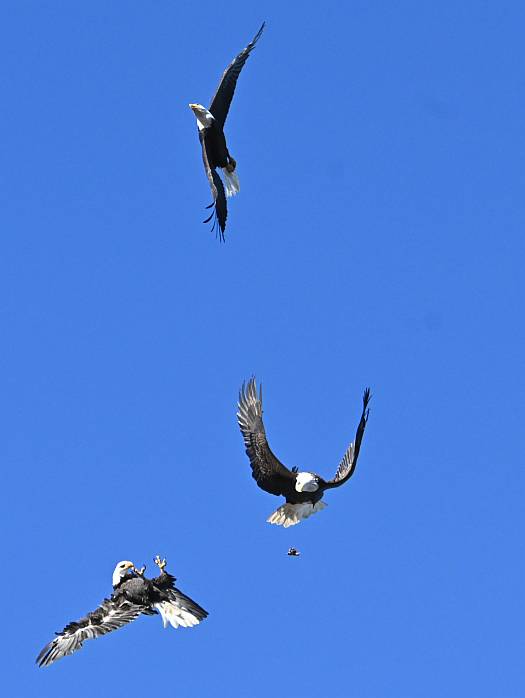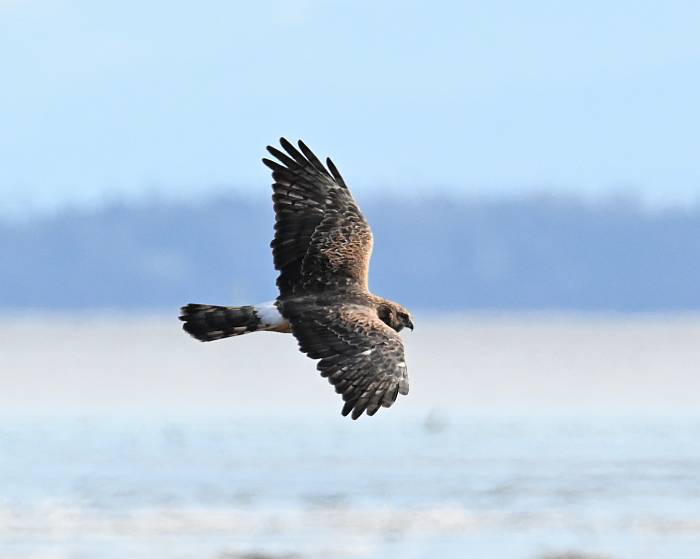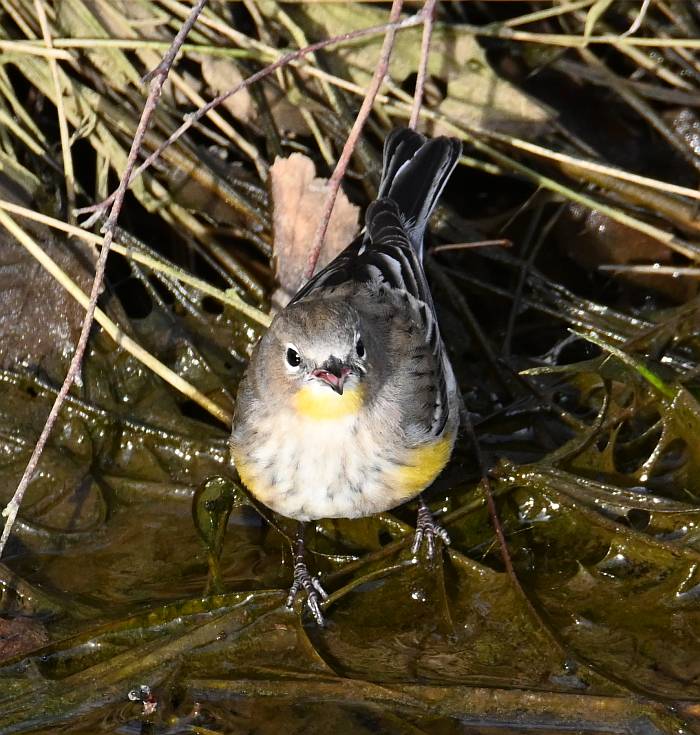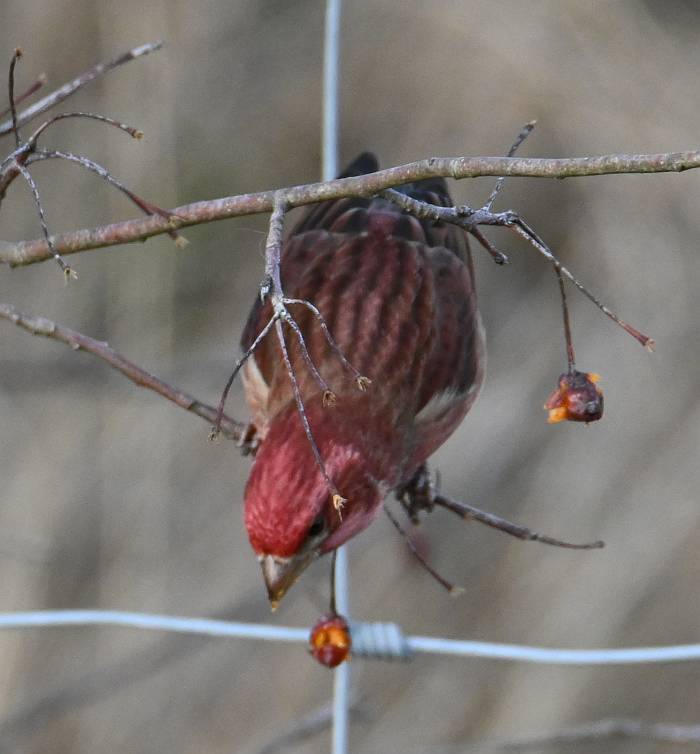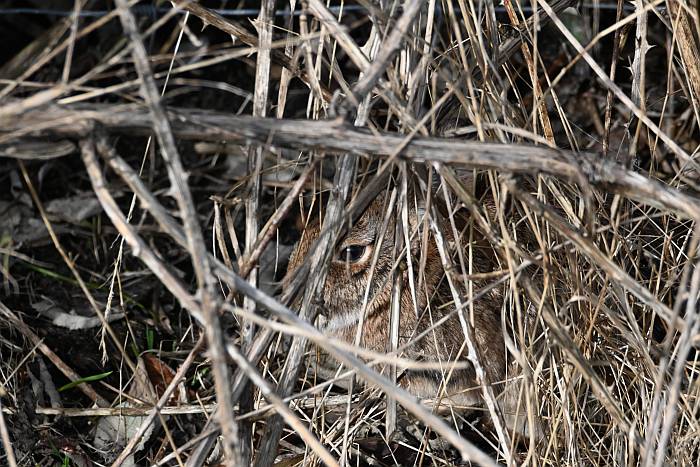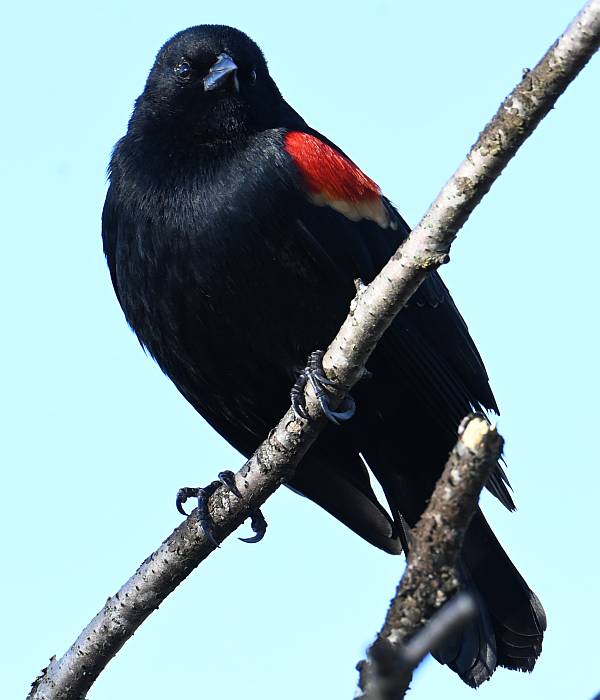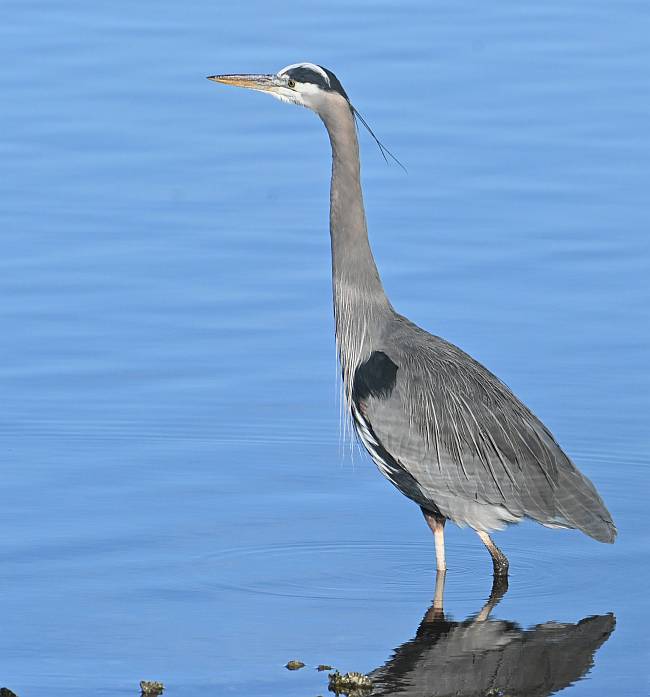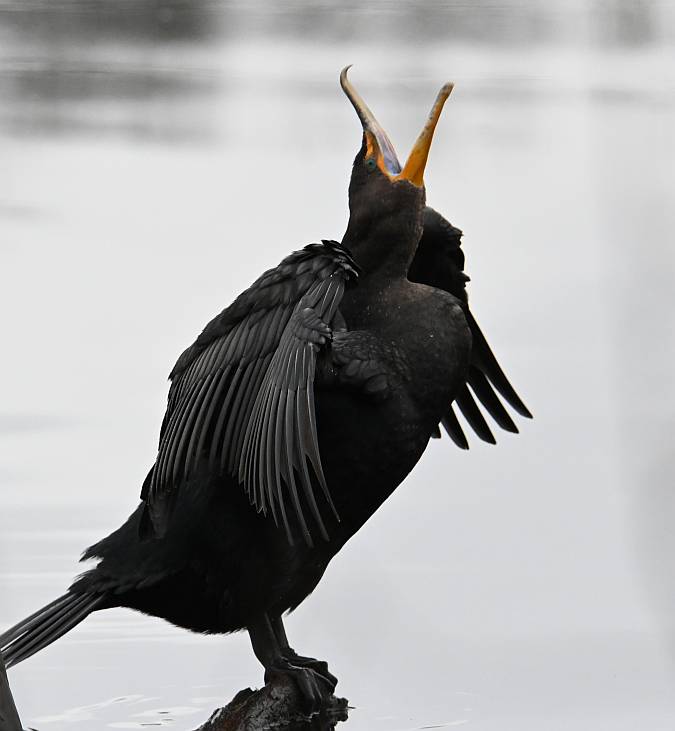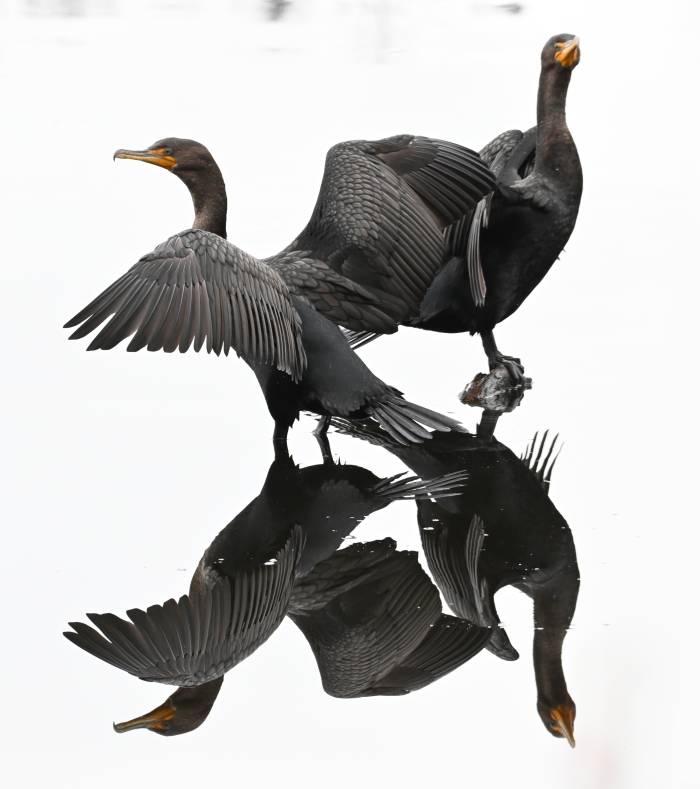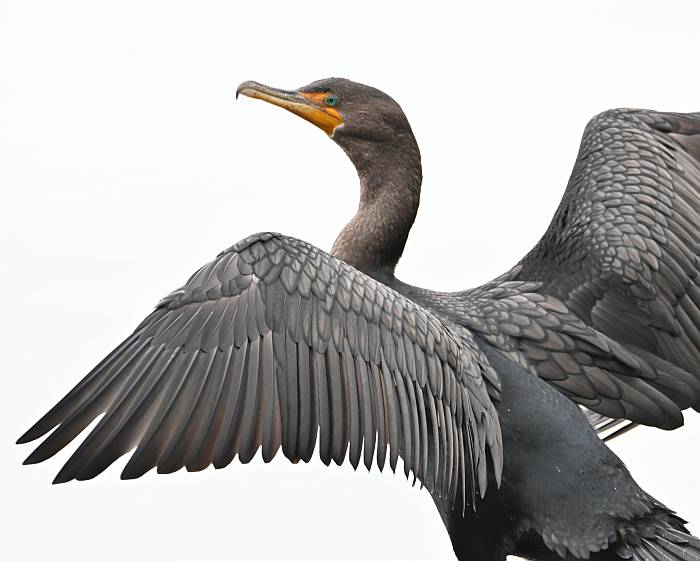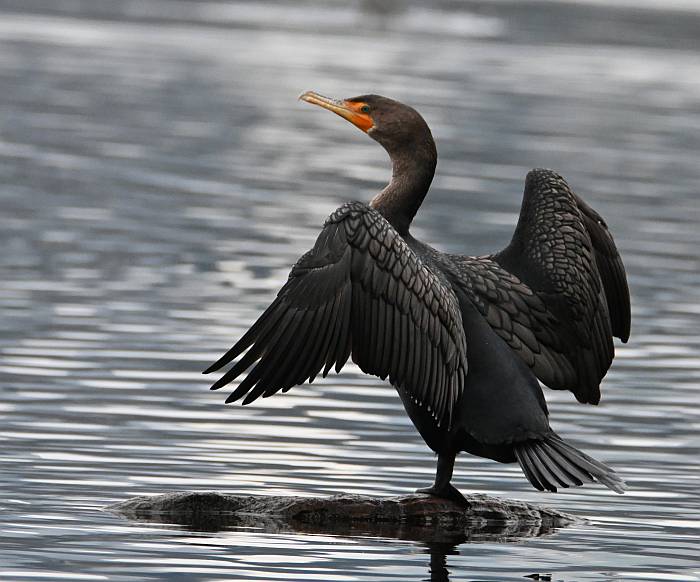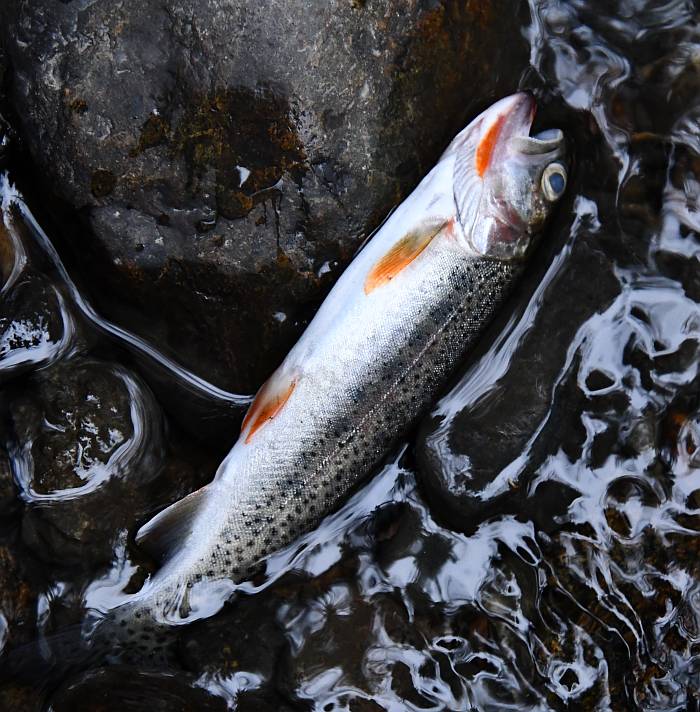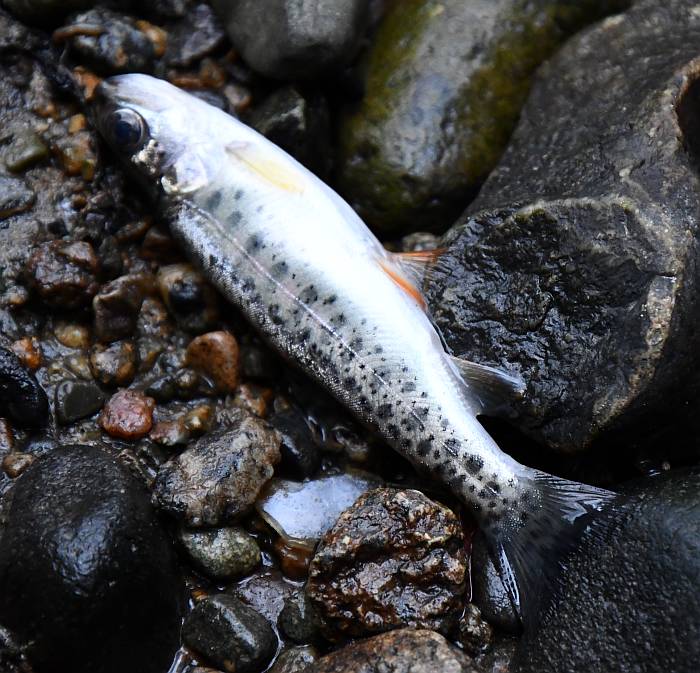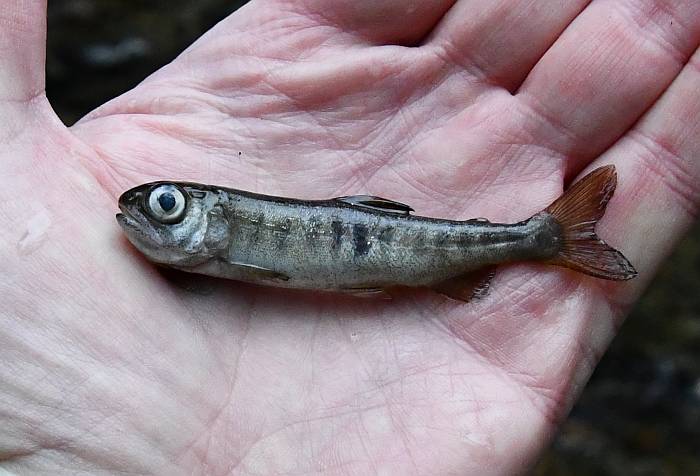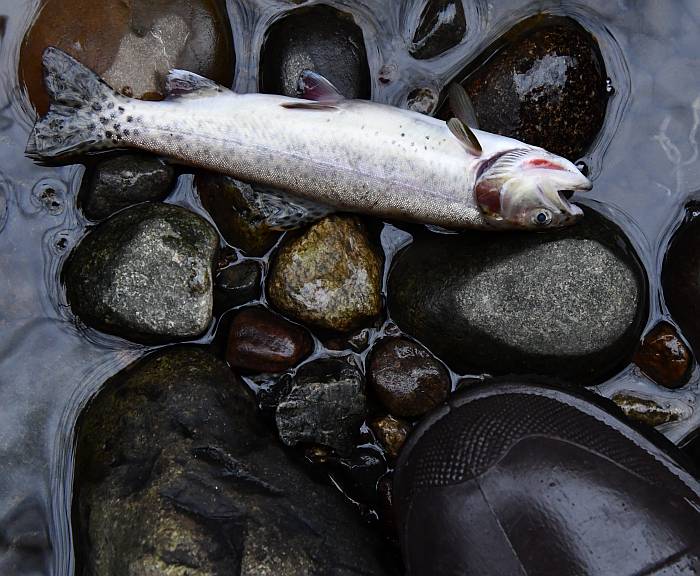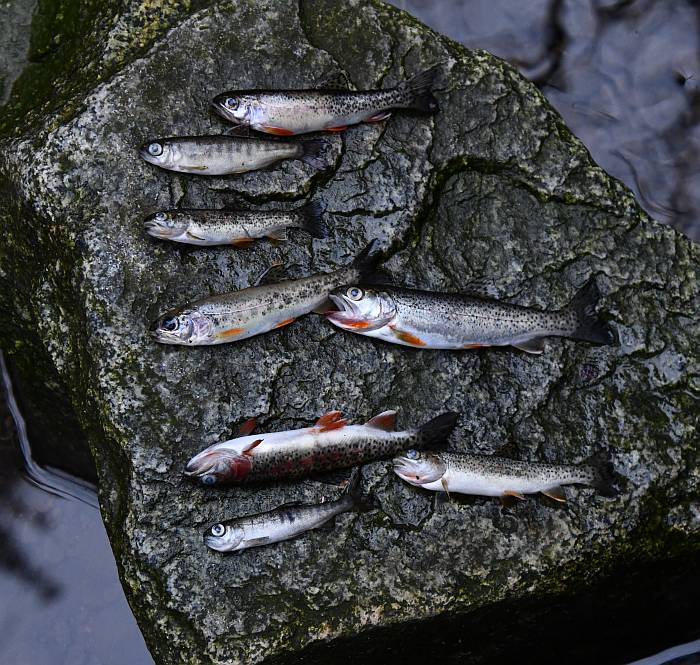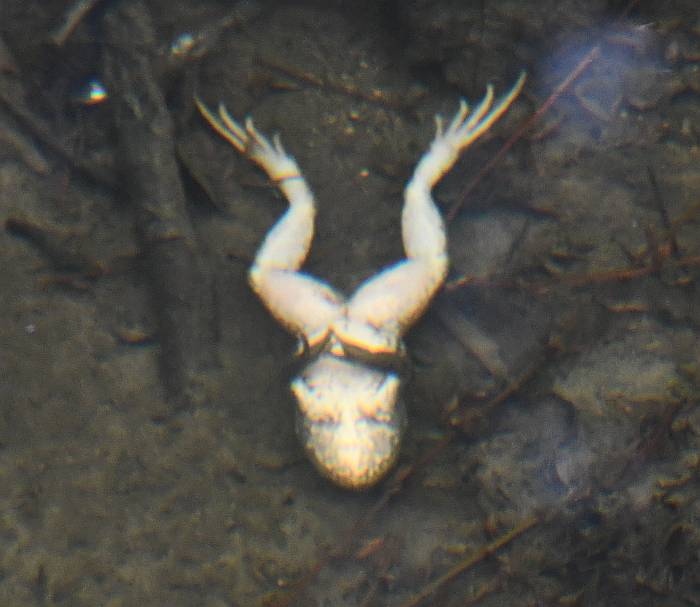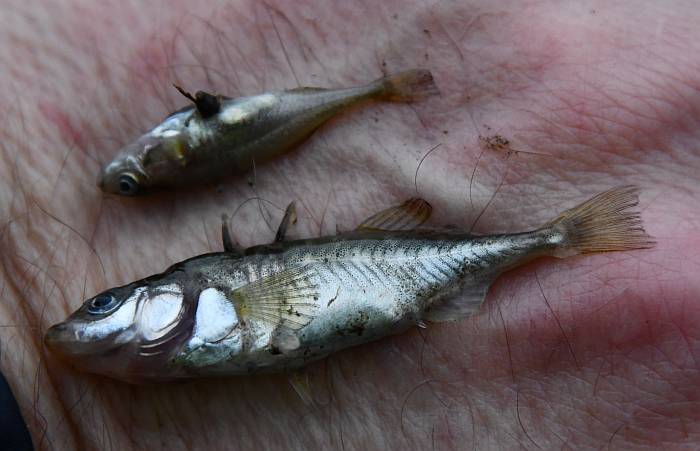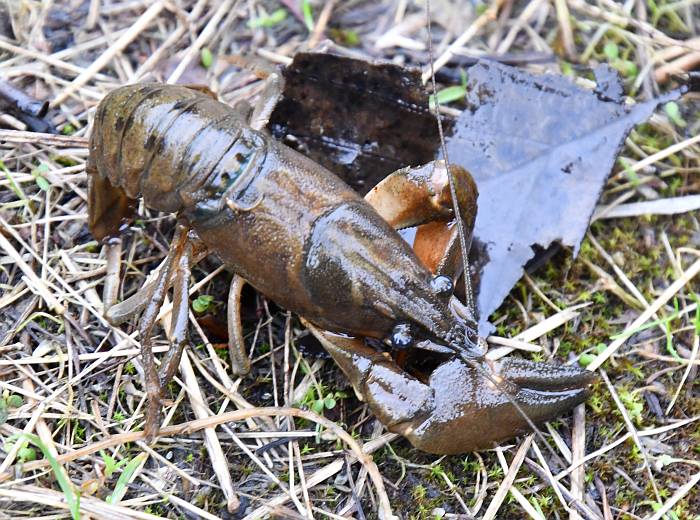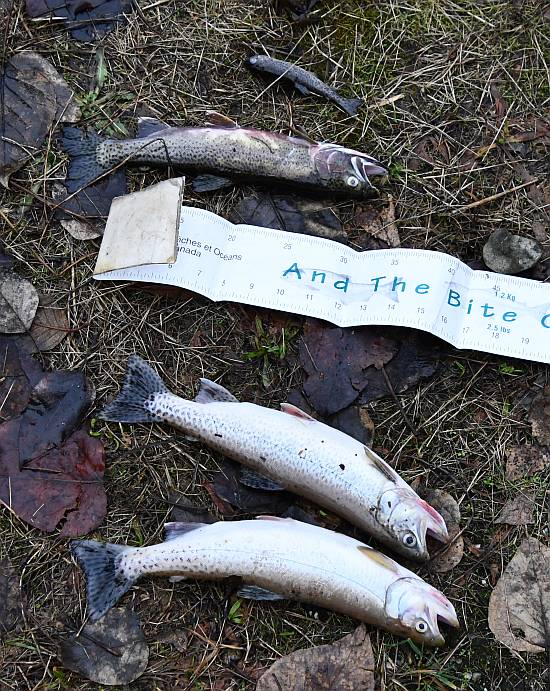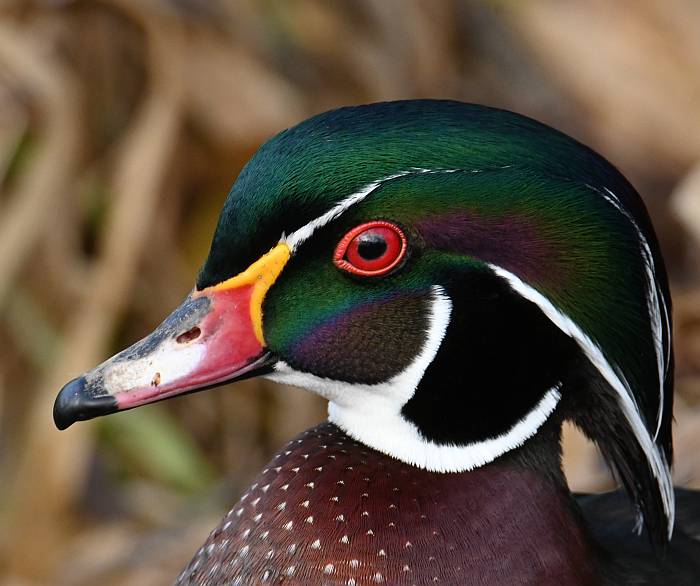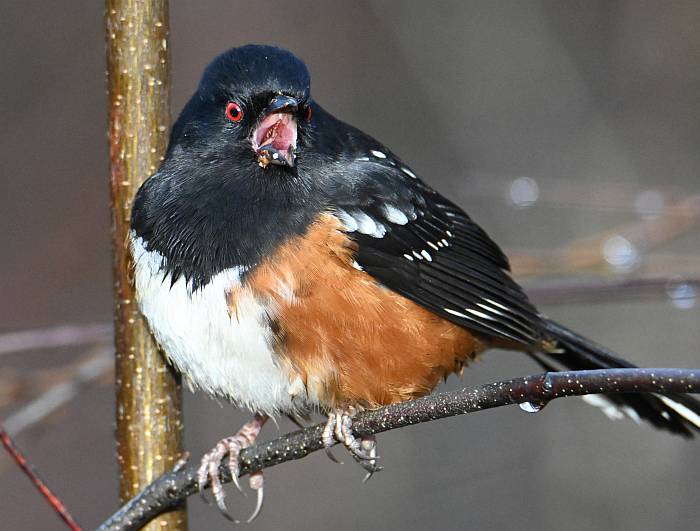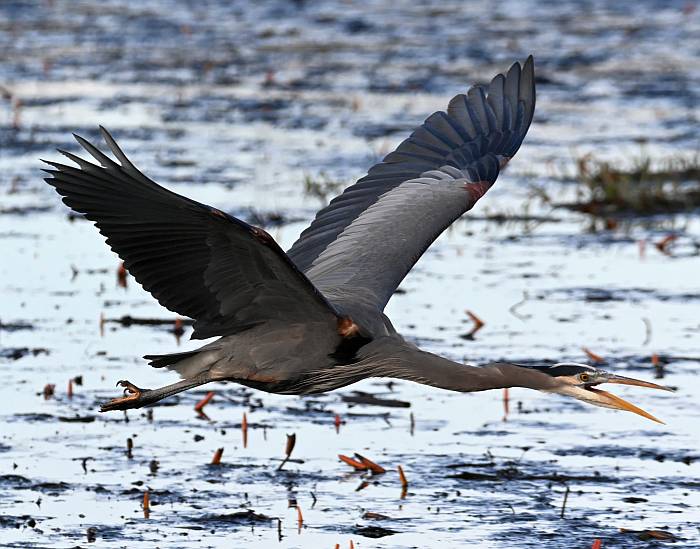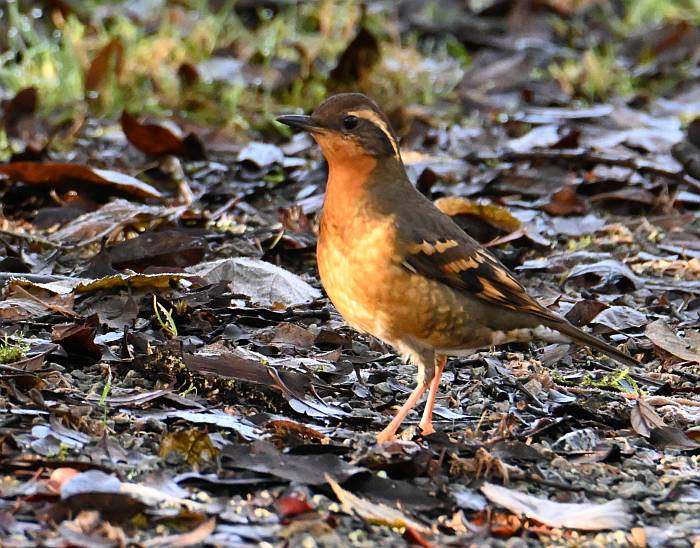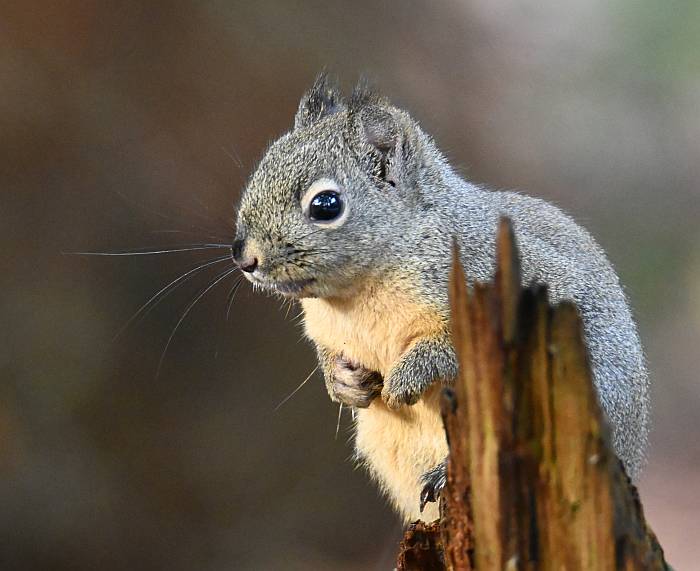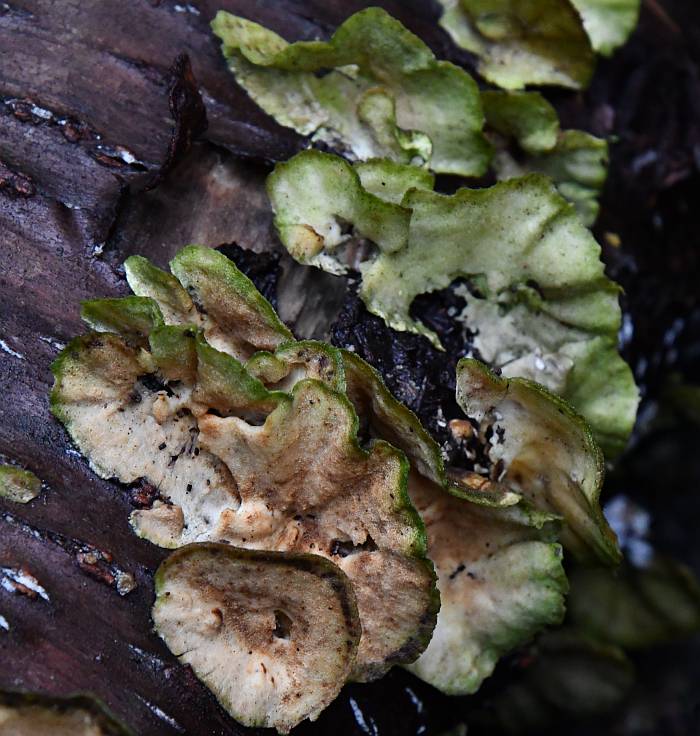Apparently a large chunk of key fish and wildlife habitat in Burnaby, BC, could become a compost pile.
When I saw the story 20 acres of Burnaby park could be converted from wetlands to waste facility, I gasped in horror.
Holy Crap! Why even contemplate such a move?
According to the article, City staff say the site is not currently used as a recreational facility. How about the dog walkers and bird watchers? Not every park has to have human-centric “recreational facilities.”
By the City’s tone, it seems wetlands are a wasted use of land. Uh, wetlands are crucial for biodiversity, and are key to battling the effects of climate change.
The City claims it will somehow magically compensate by creating fish habitat elsewhere. Good luck with that. Yes, sometimes compensation works. But much of what they are planning to destroy was enhanced as off-channel salmonid habitat decades ago.
In effect, habitat restoration will be destroyed and supposedly compensated with other habitat restoration. Sheesh!
The article says the development “will affect almost 20 acres of wetland habitat (including more than 10 acres of swamp, about six acres of forest and almost three acres of marsh).”
For anyone who thinks getting rid of swamps, marshes, and other wetlands is positive, nothing could be further from the truth.
Here’s what some quick research came up with (and I hope this falls under “fair use” and note that copyright remains with the original reports):
1) DUC biologist Megan Winand says the biodiversity of wetlands make them a priority when it comes to a community’s health.
“There’s such much going on in these wetlands, it’s truly fascinating,” says Winand, who spearheads DUC’s invasive species control in B.C with biologist Matthew Christensen. “From providing habitat to waterfowl and wildlife, to helping filter and absorb pollutants for cleaner water, their health and conservation needs to be a priority going forward.”
Winand also points to their role in protecting against storm surges with their ability to absorb vast amounts of water, to their sheer beauty they provide for recreational opportunities.
“As the effects of climate change become more and more prevalent, it’s so important that we fight to save wetlands. Whether it’s wildfires in the summer or flooding and storm surges in the spring, wetlands are at the forefront that battle.”
2) The incredible value of wetlands is disproportionately large compared to their relatively small area in the greater BC landscape.
They contain some of the richest biodiversity in the country and are considered to be some of the most productive ecosystems in the world.
The importance of protecting and managing these habitats cannot be understated given their benefits to humans and wildlife alike.
For example, wetlands have been shown to clean water supplies, provide flood protection and mitigate the impacts of climate change. It is also estimated that more than 50% of wildlife species in North America rely on access to wetland habitats for at least part of their life cycles, and almost 35 per cent of all rare, threatened, and endangered species depend on these specialized ecosystems (BC/NTBC, 2019-2020).
Wetlands in Canada remain under constant threat of loss and degradation due to industrial development, urban expansion, construction of hydroelectric reservoirs and facilities, fluctuation of water levels, and agricultural development. Over the past two decades, the loss of wetlands in BC has increased – specifically on eastern Vancouver Island, the Lower Mainland, and the Okanagan. Losses in BC include 70 per cent of the original wetlands in the Fraser River Delta, 70 per cent of the wetlands in the Victoria region and 85 per cent of natural wetlands in the south Okanagan.
https://www.naturetrust.bc.ca/…/wetland-protection-bc…
3) For perhaps the first time ever, researchers have mapped out the true extent of habitat loss for salmon in the Lower Fraser River, one of the most important spawning and rearing grounds for Pacific salmon in British Columbia.
Salmon have lost access to as much as 85 per cent of their historical floodplain habitat – the biologically rich wetlands next to a river or stream that typically harbour wildlife – due to dikes and similar infrastructure.
4) Seven Key Wetland Contributions to SocietyThe first step in evaluating whether and what actions are needed is to properly understand what benefits wetlands currently provide. Here are seven of the most important ecological,social, and economic benefits provided by wetlands in BC:
• Wetlands play an important role in ensuring adequate water supplies for urban and rural communities.
• Wetlands protect communities from extreme flooding and guard against erosion.• Wetlands absorb and dissipate contaminants, preventing pollution of water supplies.• Wetlands have the potential to mitigate the magnitude and impacts of global warming.• Wetlands provide essential habitat for wildlife species.• Wetlands create important recreational, cultural, and educational opportunities.• Wetlands can be important agricultural resources.
https://bcwetlandsca.files.wordpress.com/…/bcwetlandact…
5) Salmon have lost access to as much as 85 per cent of their historical floodplain habitat — the biologically rich wetlands next to a river or stream that typically harbour wildlife — due to dikes and similar infrastructure, say researchers at UBC and the Raincoast Conservation Foundation.
“Only around 101 square kilometers out of an estimated 659 square kilometers of historical floodplains remain accessible to salmon,” says lead author Riley Finn, a research associate with the Conservation Decisions Lab in the faculty of forestry at UBC.
“This loss is particularly critical for populations of coho and Chinook, which rely more heavily on these habitats for rearing, compared to other types of salmon,” says Finn.
https://www.sciencedaily.com/rel…/2021/08/210805115525.htm
UPDATE Feb. 8, 2023:
The City of Burnaby Council report puts a very positive spin on the project, claiming an overall 3.2 ~ 3.7:1 gain in wetlands. A question, though, is that this compensation appears to be spread over three or more sites. Fragmentation of habitat is never a good thing. . .
